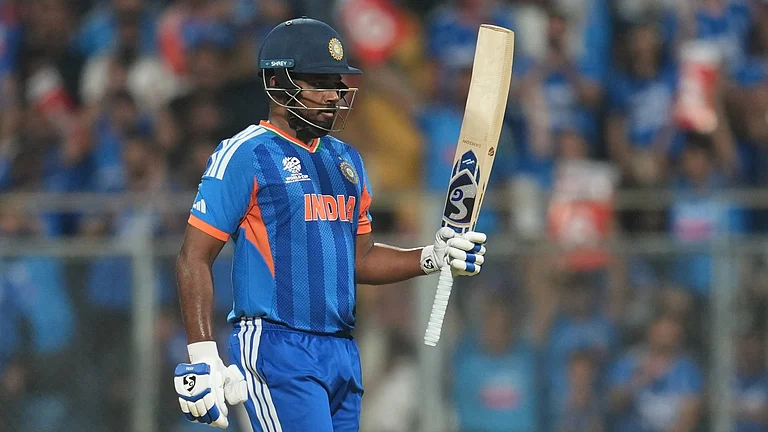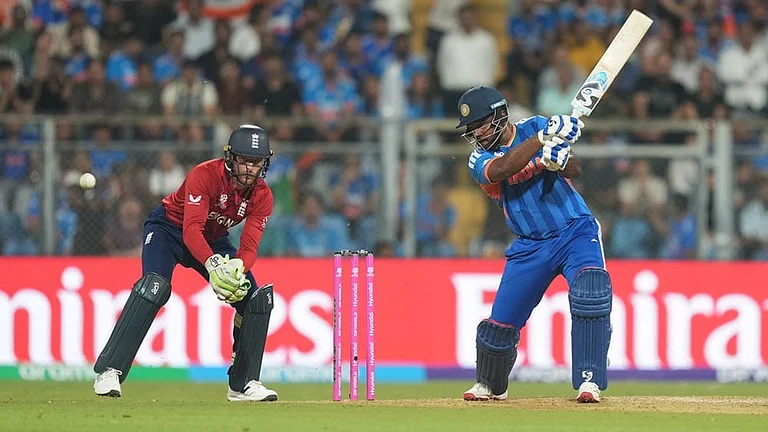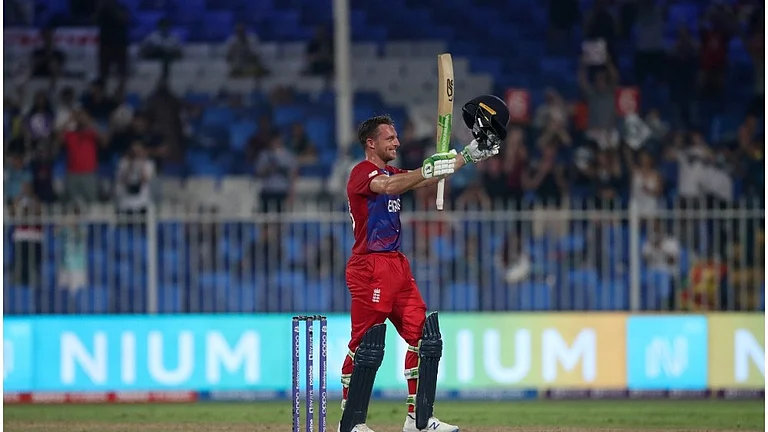The Muslim Brotherhood is no Rashtriya Swamsevak Sangh. Though both institutions were born in the 1920s, a few years after each other and out of a common concern over losing their religious and cultural identities—Muslim and Hindu respectively— to British colonialism, their subsequent growth and development could not be more dissimilar.
Brotherhood members faced torture, prison terms or exile, both during the British period and under subsequent ‘repressive’ regimes in modern Egypt.
But, barring a brief period of isolation in the wake of Mahatma Gandhi’s assassination in January 1948, when it was banned, the RSS flourished in independent India. Though barred from political activities, RSS managed to expand its influence in politics, culture and social and economic spheres through its affiliates. Despite its exclusionary ideological mooring of creating a ‘Hindu rashtra’, RSS and its affiliates could expand their organisational clout in an pluralistic and secular democracy like India.
If the Brotherhood is the most popular face of resistance in the Middle East, the RSS’s political face, the BJP, is today the ruling party in the world’s largest democracy.
The Brotherhood has mostly been an underground outfit whose leaders have been killed, jailed and exiled in the last 100 years. It tried its hand at governance in Egypt recently through Mohammed Morsi’s Freedom and Justice party, but its inexperience at accommodating others, like Coptic Christians and women, in the government, exposed its weakness and led in its ouster by the military.
Read Also: Handcuffs Can Buy Them Silence
But the Brotherhood’s influence is not limited to Egypt; it has spread among much of the 1.6 billion Sunni Muslims in the region and beyond. The Brotherhood is the most popular face of resistance in West Asia, the leading champion of political Islam and a master organiser of street protests. Indeed, the Brotherhood played a lead role in the unqualified initial success of the Arab Spring. Its role in cementing together the streets heaving with protests helped democratic and opposition forces in Egypt, Tunisia, Morocco and Algeria. Consequently, and naturally, the Brotherhood incurred the ire of the powerful Gulf monarchies, military regimes and their Western supporters.
Though the US and its European allies have tried to equate the Brotherhood with terror groups like Al Qaeda, its ability to initiate debates within the organisation and transform itself into a more democratic force has only helped attracting newer and younger members.
Read Also: The Feminine In The Sangh
The question, however, remains if both the Brotherhood and the RSS can open themselves up to the extent of admitting more members from other religious communities. It would turn them into vibrant, pluralistic organisations, impervious to the charge of religious extremism.





















